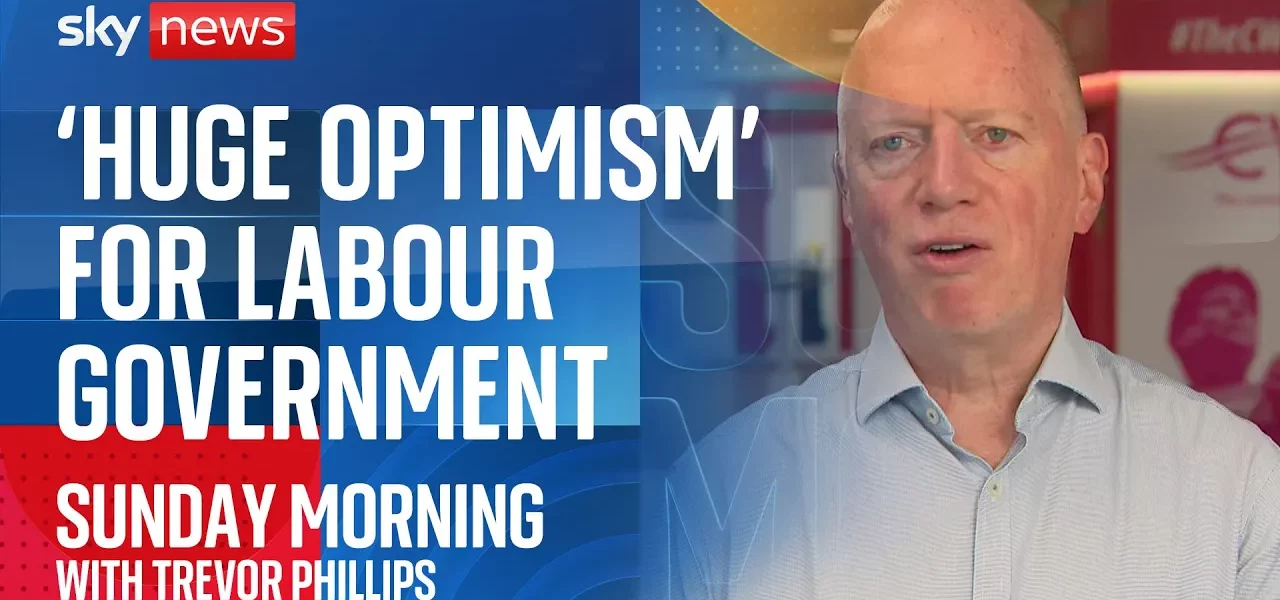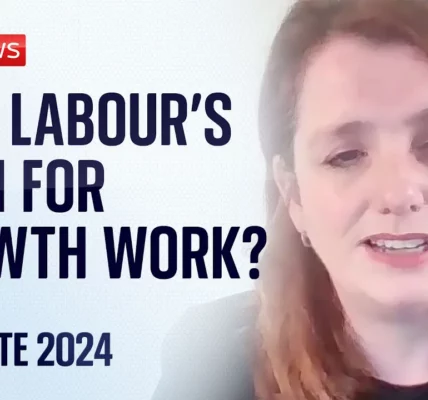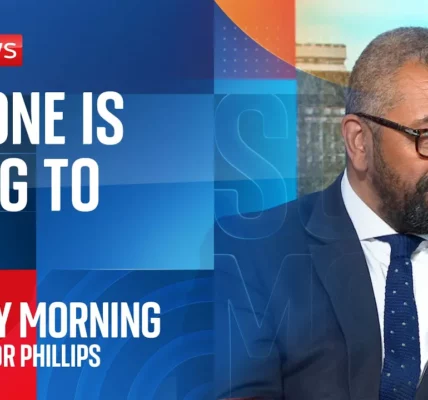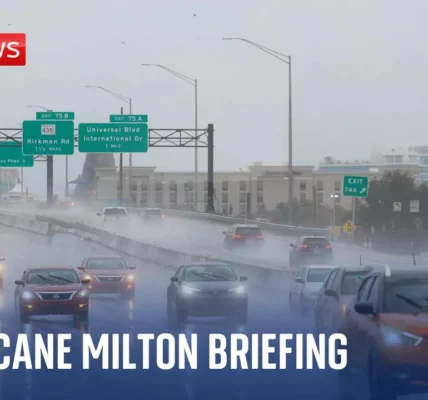Concerns at the TUC Annual Conference Regarding Workers’ Rights and Winter Fuel Payments

The TUC Annual Conference marks a pivotal moment for trade unions under a new labor government. While optimism surrounds proposals to enhance workers’ rights, significant concerns have emerged about potential cuts to winter fuel payments for pensioners, raising questions about the broader implications for social justice and economic equity.
Introduction
The annual TUC Conference, held in Brighton, is traditionally a platform for trade unions to discuss pressing issues affecting workers across the country. This year, the conference takes place under a new labor government, a shift that many hope will bring about positive changes in workers’ rights. However, there is a palpable tension among union members regarding proposed cuts to winter fuel payments, which could disproportionately affect millions of pensioners. The General Secretary of the Fire Brigade Union, Matt Wrack, who also serves as the President of the TUC, has voiced these concerns, emphasizing the need for dialogue and action during the conference.
Optimism Amidst Challenges
Despite the challenges ahead, there is a strong sense of optimism within the trade union movement, stemming from a desire to see an end to the austerity measures and attacks on workers’ rights that characterized the previous government. This optimism is reflected in various aspects:
- Restoration of Workers’ Rights: Unions are hopeful that the new government will prioritize the restoration of rights that have been eroded over the past decade.
- Open Dialogue: There is an expectation for honest dialogue between the unions and the government, which is essential for addressing workers’ concerns.
- Investment in Public Services: A call for increased investment in public services is a key focus, with the unions advocating for policies that benefit all citizens, not just union members.
The Proposed Cuts to Winter Fuel Payments
One of the most controversial topics at the conference is the proposal to means-test winter fuel payments, which could significantly affect pensioners:
Understanding the Proposal
The proposal put forth by Rachel Reeves aims to redirect funds from affluent pensioners to those in need, including low-paid workers in sectors like health. While the intention is to support vulnerable populations, the implications of such a policy are a cause for concern among union leaders:
- Potential Impact on Pensioners: Cutting winter fuel payments could lead to increased hardship for many pensioners who rely on this assistance to meet their heating costs during cold months.
- Broader Economic Ramifications: There are fears that this policy may reflect a broader trend of prioritizing fiscal conservatism over social welfare.
- Union Response: The unions are committed to advocating for equitable solutions that lift all members of society rather than jeopardizing the living standards of vulnerable groups.
Union Perspective on Social Justice
The unions emphasize that their mission extends beyond the interests of their members; they are advocates for social justice. This perspective shapes their response to the proposed cuts:
- Collective Responsibility: Unions believe in lifting the living standards of all, not just a select few.
- Alternative Solutions: They argue that there are more effective ways to raise funds for public services without penalizing those in need.
- Engagement with Government: Unions plan to engage with the government to express their concerns and seek alternative approaches.
Concerns Over Accountability and Governance
Amidst discussions of workers’ rights and social welfare, accountability remains a critical theme during the conference:
Addressing Past Governance Failures
Matt Wrack raised concerns about the legacy of previous governments, particularly regarding building safety and public welfare. His remarks highlight the need for systemic change:
- Critique of Deregulation: Wrack criticized the deregulatory agenda that has led to avoidable tragedies, such as the Grenfell Tower fire.
- Call for Accountability: There is a strong call for holding those responsible for past failures accountable, including corporate entities that prioritize profit over safety.
Conclusion
The TUC Annual Conference serves as a crucial juncture for the trade union movement, with its leaders grappling with both optimism and significant apprehensions. As discussions unfold regarding workers’ rights, winter fuel payments, and the accountability of past governance, the unions are poised to advocate for policies that uplift all members of society. The outcomes of this conference will be pivotal in shaping the future of labor rights and social justice in the UK. We encourage readers to stay informed on the developments from the conference and engage in conversations about labor rights and social equity.
“`




